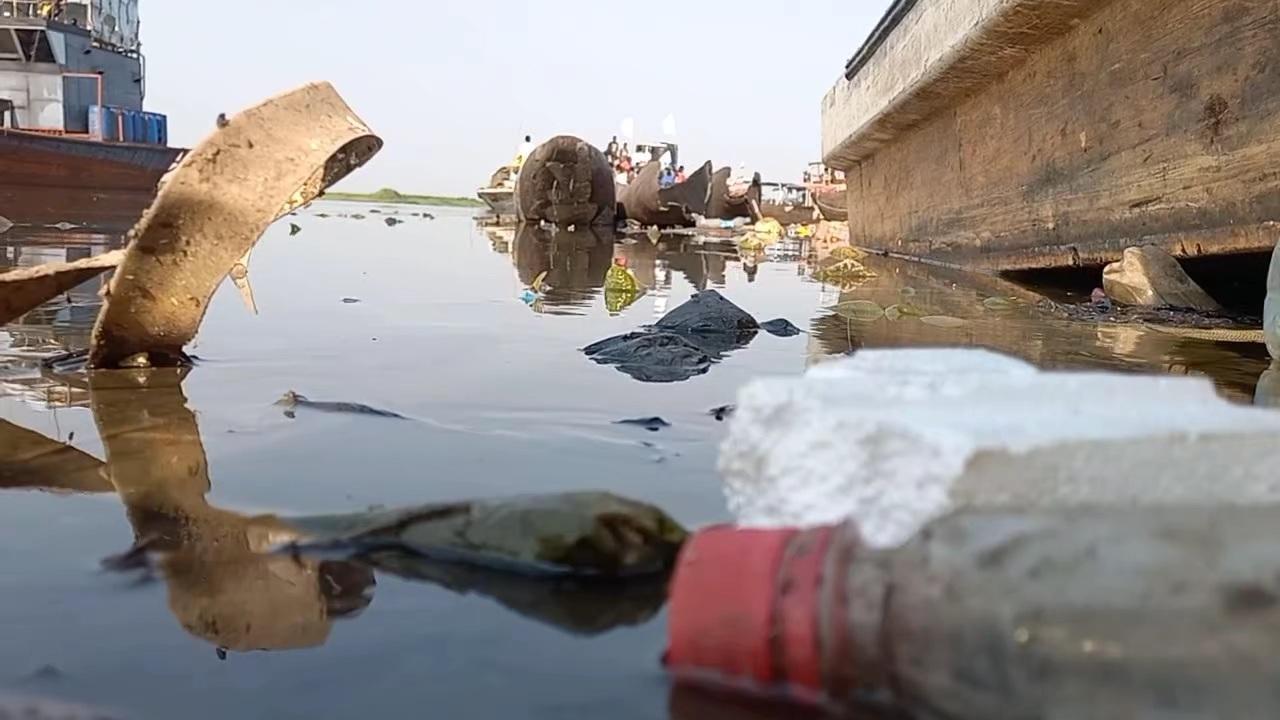Africa-Press – South-Sudan. South Sudan’s Minister of Environment and Forestry, Josephine Napow Cosmos, on Thursday called on South Sudanese to embrace responsible plastic use and adopt more sustainable habits to reduce plastic pollution in the country.
Addressing journalists at a press briefing marking World Environment Day in Juba on Thursday, Minister Napwon emphasized the urgent need to address plastic pollution in the country.
“Let us commit to reducing our plastic footprints. This can begin with simple steps in our daily lives, using reusable bags, avoiding single-use plastic, and encouraging our families and friends to do the same,” Napow said.
She said despite government efforts to curb the importation and usage of plastic bags through bans, the directives remain weak due to widespread corruption.
“There should be law enforcement and laws put in place, but these days there are too many bribes. We see the plastic bags coming, and they are everywhere.”
She emphasized the urgent need for citizens to reduce plastic use and dispose of waste responsibly to reduce pollution.
“Plastic pollution is a major environmental and health issue. Plastics are being dumped on roads, in rivers, and just about anywhere, harming both human and animal life.”
She said plastic waste not only pollutes the land and water but also disrupts ecosystems, clogs waterways, endangers wildlife, and contributes to long-term health risks for communities.
“Today, I urge everyone to take action. Let us commit to reducing our plastic footprints,” she said.
She also highlighted the importance of raising awareness about the impacts of plastic pollution and called on both individuals and institutions to take responsibility.
For his part, Jaden Tongun Emileo, Undersecretary of Forestry at the Ministry of Environment and Forestry, pointed to new policies, including the introduction of an environmental fee on plastic bottles, aimed at encouraging recycling and reducing the volume of plastic waste.
“We have gone further to introduce fees on plastic bottles, and this will be represented in the national appropriation bill,” Tongun.
As of January 2025, the Ministry of Environment imposed an environmental fee of 20 cents per kilogram of plastic preforms used in bottling in a move to promote recycling and reduce the environmental burden of plastics.
However, South Sudan still lacks a comprehensive legal framework specifically targeting plastic pollution.
There are currently no enforceable laws regulating plastic use or holding companies accountable, and the country does not manufacture plastic products locally.
In South Sudan, an estimated 73% of solid waste is plastic, posing severe environmental and health risks.
For More News And Analysis About South-Sudan Follow Africa-Press






